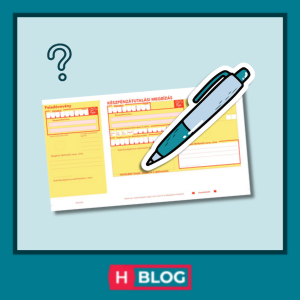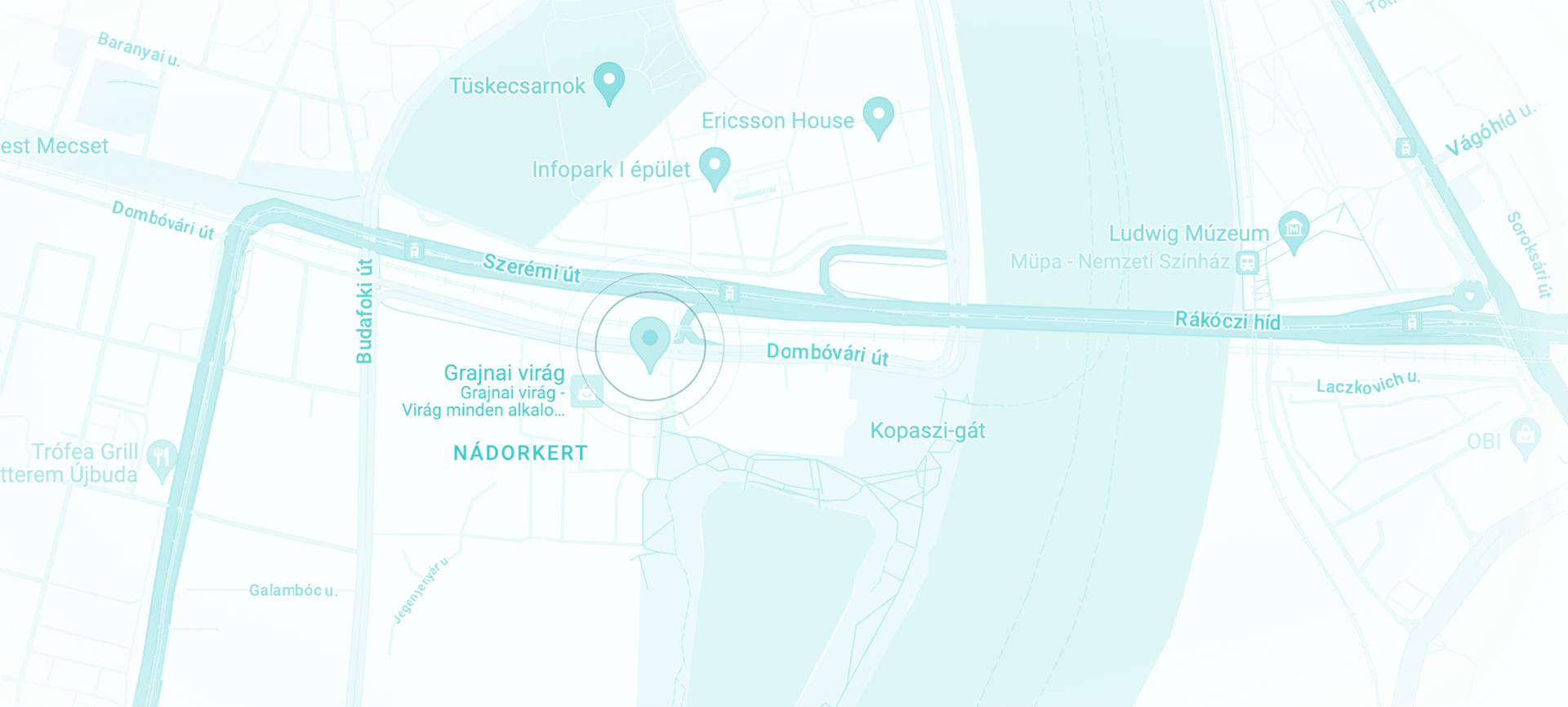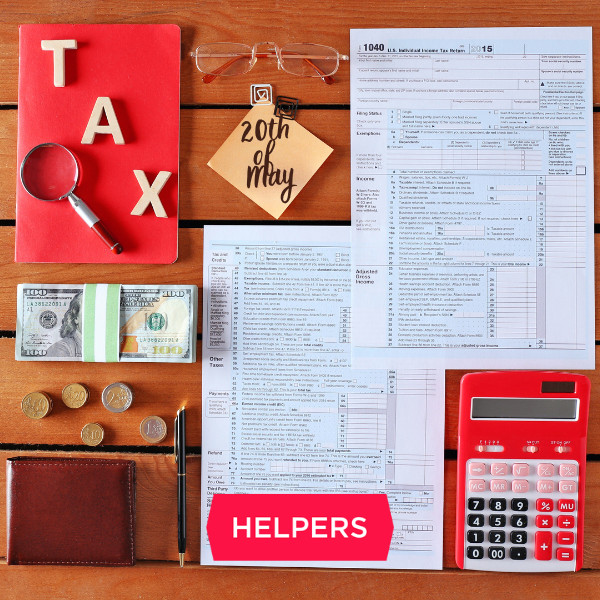
The “yellow check”: postal payment slips in Hungary
In Hungary, many transactions related to administrative tasks happen through so called “yellow checks”. These are in fact postal payment slips that let people without bank accounts take care of payment transfers. At the same time, the yellow check is widely used by the population in general. Learn how.
In Hungary, many transactions related to administrative tasks happen through so called “yellow checks”. These are in fact postal payment slips that let people without bank accounts take care of payment transfers. At the same time, the yellow check is widely used by the population in general. Learn how.
What is the “yellow check”?
Check as an individual form of payment does not exist in Hungary, unlike many English-speaking countries. What you can often hear being referred to as the “yellow check” (or sometimes the “white check”) is in fact a special form that provides instructions for payment through the Hungarian Post. Other similar concepts that can help you better understand how the yellow check works include the following:
- Postal payment slip
- Postal inpayment money order
- Cash transfer order
- Bank giro credit
The yellow check may seem a relic from a time before easy online banking and card payments. That is not the case, however, as a significant proportion of customer payments toward banks, insurance companies, government offices, and utility providers happens through these checks in Hungary, meaning around 20-50%, depending on the provider.
The main advantage of this form of payment is that it is available to everyone, even those without a bank account or a debit card – which is currently around 20% of the population in Hungary. As a result, the postal payment slip continues to be the default when a provider asks for payment, although normally it is easy to ask for another payment method.
You can pay for a yellow check:
- In person at any post office (with cash or a bank card)
- In person at any terminal created for cash payments (with cash or a bank card)
- Online through an app (such as iCsekk or Simple)
- Online by wire transfer
What is the difference between a white and a yellow check?
Most postal payment slips are yellow, which is why they are referred to as yellow checks. The difference between white and yellow checks concerns how the money is transferred to (so how much the transfer costs) the recipient. There is no difference for the payer.
Yellow checks were originally created for the post office
The yellow check is a postal payment slip roughly the size of the third of an A4 sheet of paper. It has two main sections, and there is a perforation between them. The two main sections should be filled with the same information of payer and recipient. If you receive such a check from e.g. a utility provider, it most probably comes prefilled with all the relevant information, complete with a QR code.
The yellow check was originally invented for making cash payment at the post office to the account of any recipient. At the post office, you can give the payment slip to the clerk together with the right amount of cash, and the Hungarian Post will take care of the transaction. After registering the information on the slip and stamping it, the clerk will tear the check along the perforation and give you the smaller part as a receipt, which you should keep as a proof of the transaction (in Hungarian, it is called a “feladóvevény”).
These days you can also pay by card if the post office has a POS terminal. Ask the clerk before you hand over the slip.
Using a check payment terminal
In some places, there are separate terminals where you can pay checks without the assistance of a clerk. You can find a list of available terminals here. (However, as mobile apps are on the rise, the number of terminals is quickly decreasing.)
At a terminal, you can pay for both yellow and white checks by cash or by card. However, if there is no QR code on the check, you can pay only by card.
Using a mobile app
You can only use mobile apps for checks that have a QR code. The app can scan the QR code on the payment slip and you can pay the required amount with your card already registered in the app.
- The mobile app of the Hungarian Post is called iCsekk and it is connected to a loyalty program where you can get points for each transaction.
- You can also use the Simple app, which is one of the most popular apps in Hungary for managing card payments.
- You can also check the app of your own bank if it can manage check payments.
Paying by wire transfer
If none of the above methods appeals to you, you can complete the payment by wire transfer as well. The yellow check you get from a provider should include every information required for that, such as the bank account number of the recipient and the payer ID (“befizetőazonosító”, which you should indicate in the comment field). Feel free to take advantage of the options of online banking and simply transfer the amount from your bank account.
What to do when you receive a yellow check to be paid?
You should pay for such a check only if you know the recipient and you are sure the payment request is valid. This can be a case when you receive a utility bill. (Sometimes scammers can send you checks that seem to be from providers you are not even registered with. Make sure to examine the data of the recipient before payment.)
If you want to pay the check, you can choose from the above mentioned methods: at a post office, at a terminal, online, or with a wire transfer. Choose the method most convenient to you. If you pay the yellow check in person, keep the receipt for future reference.
About Helpers Hungary
Helpers Hungary provides assistance related to immigration and business setup to people living, working, and doing business in Hungary. While our focus is on supporting small and medium-size businesses, we do our best to make life easier for everyone navigating Hungarian administration.
Is there anything we can help you with? Fill in the form below to contact us.
Was this article useful? Follow us on Facebook and never miss an update.
Contact
Contact us today
Monday - Friday
9am - 5pm CET
Helpers Hungary Kft
Budapart Gate
Dombóvári út 27
Budapest 1117, Hungary
If you’re visiting us, please use entrance A and come to the 2nd floor.






